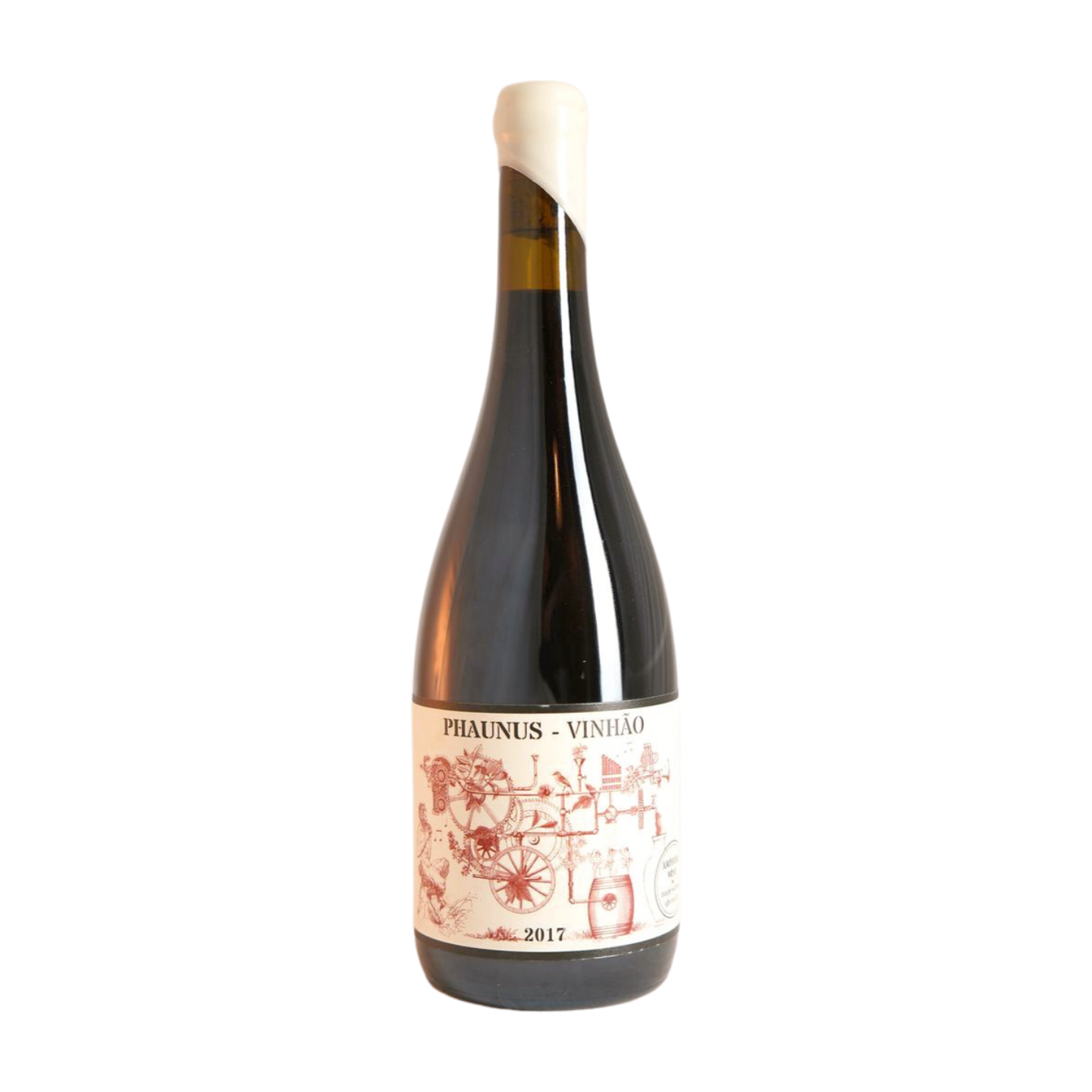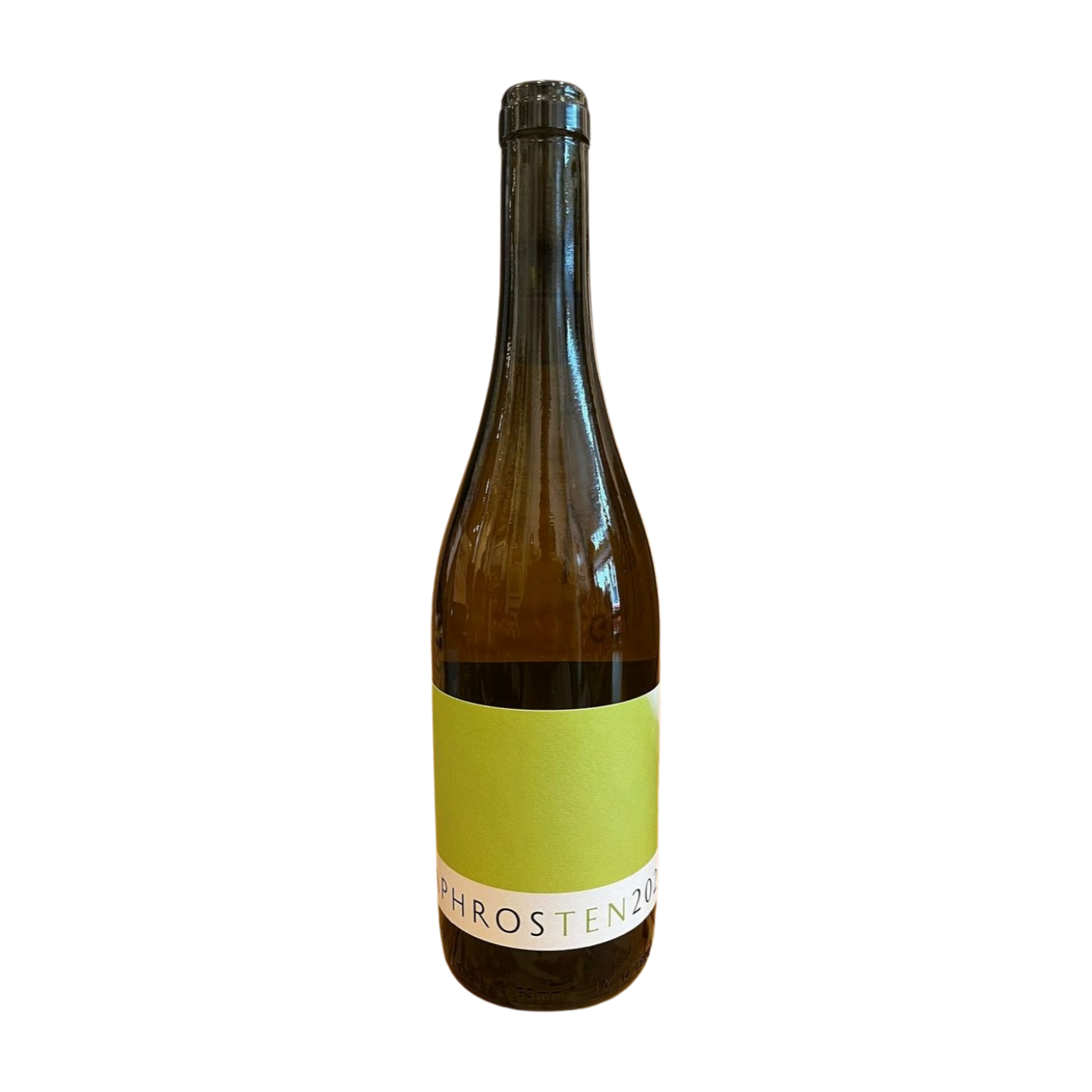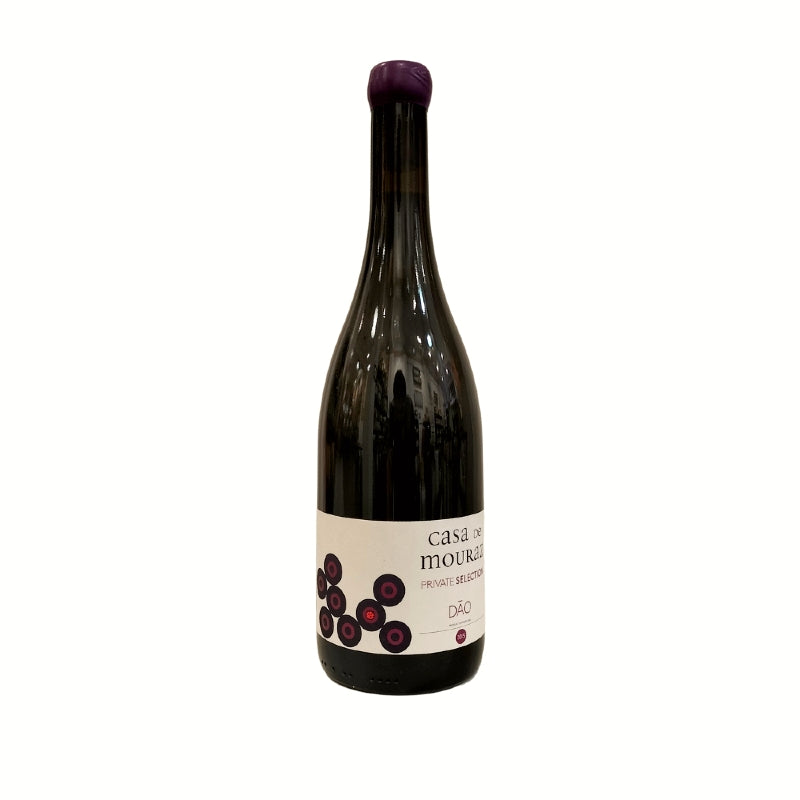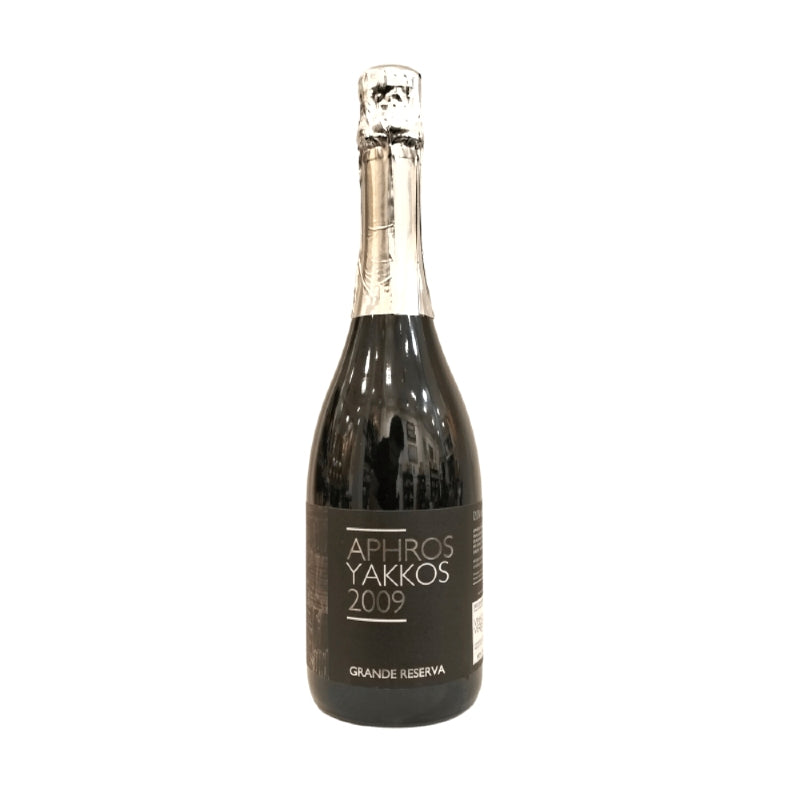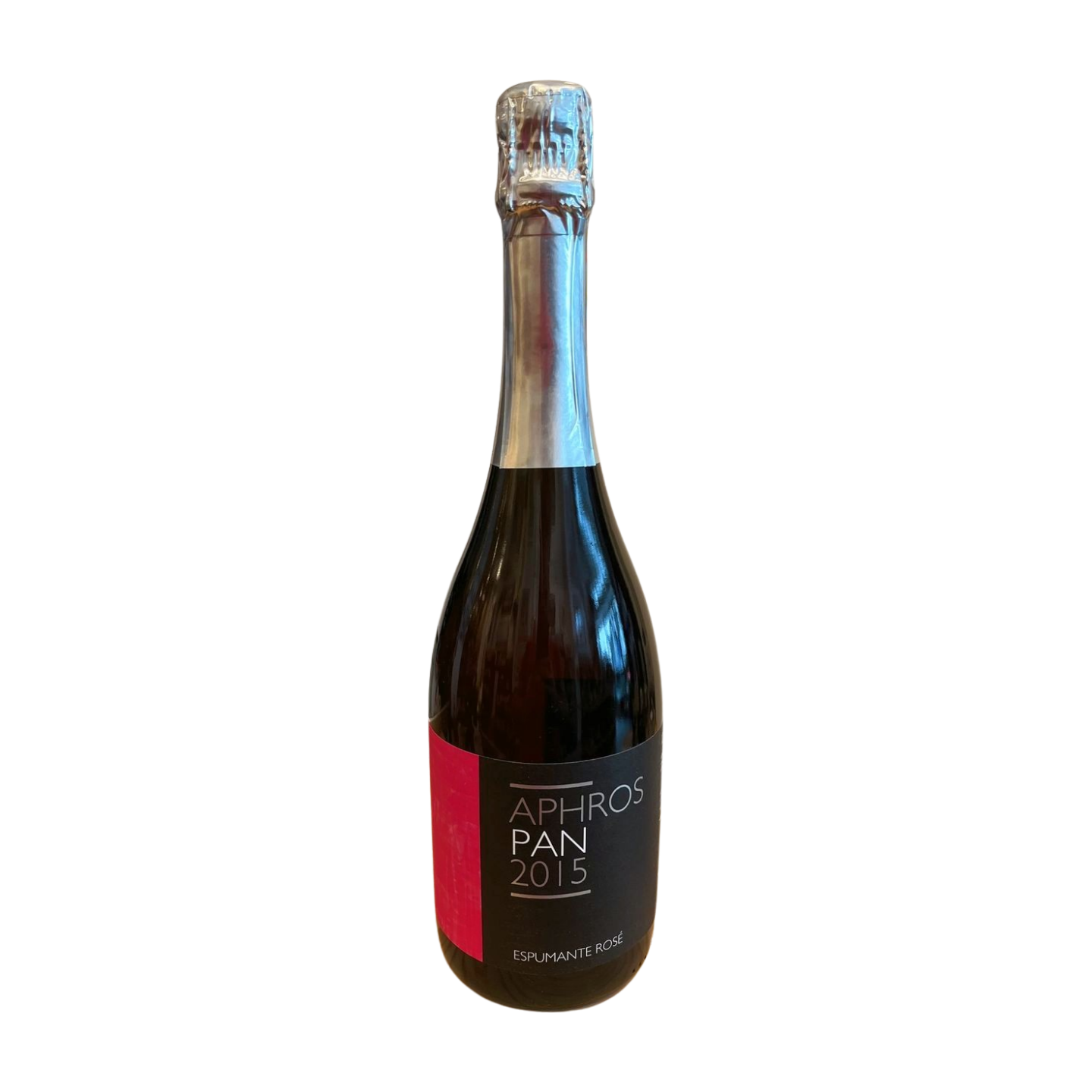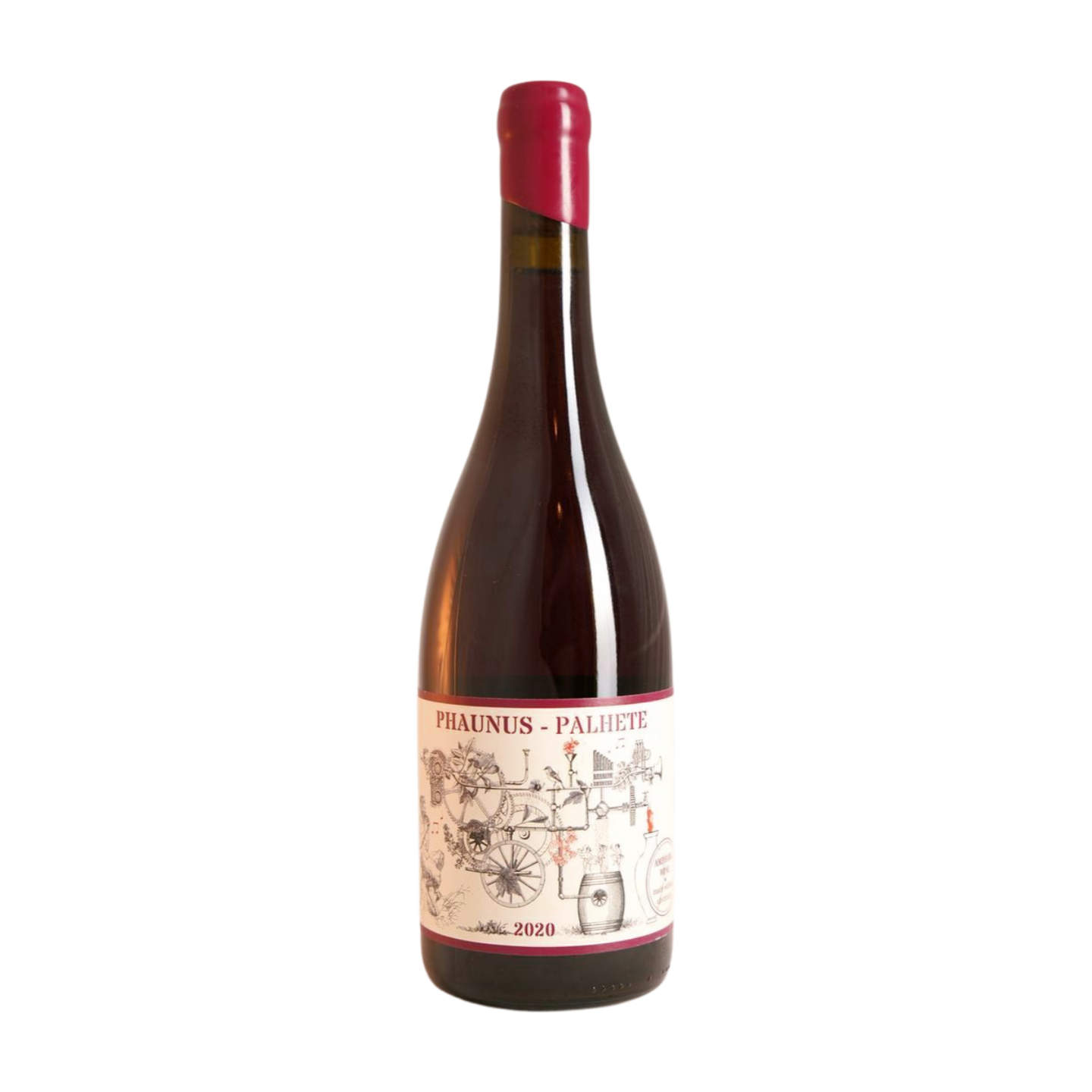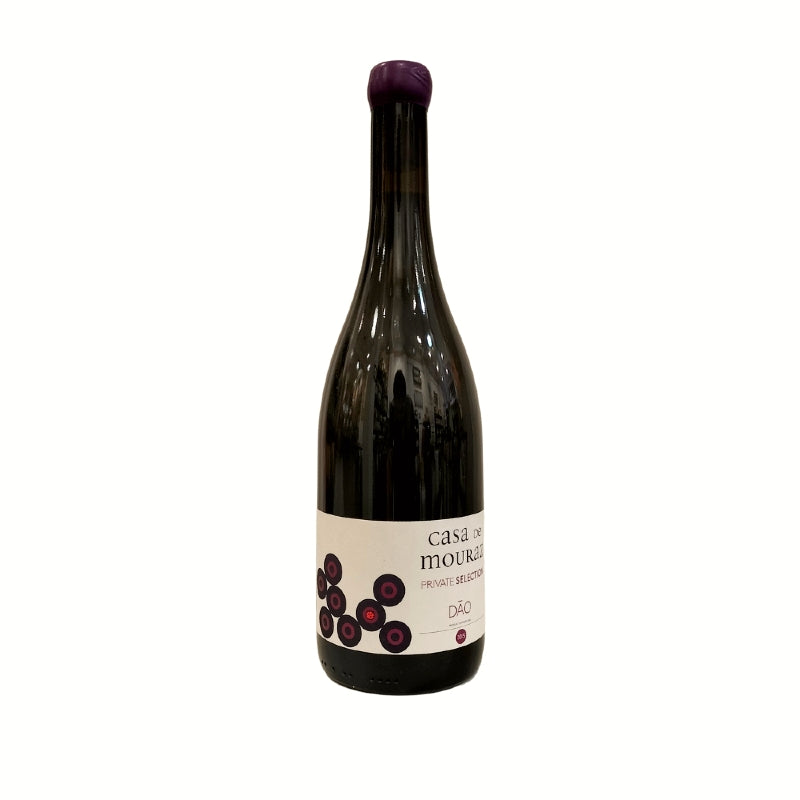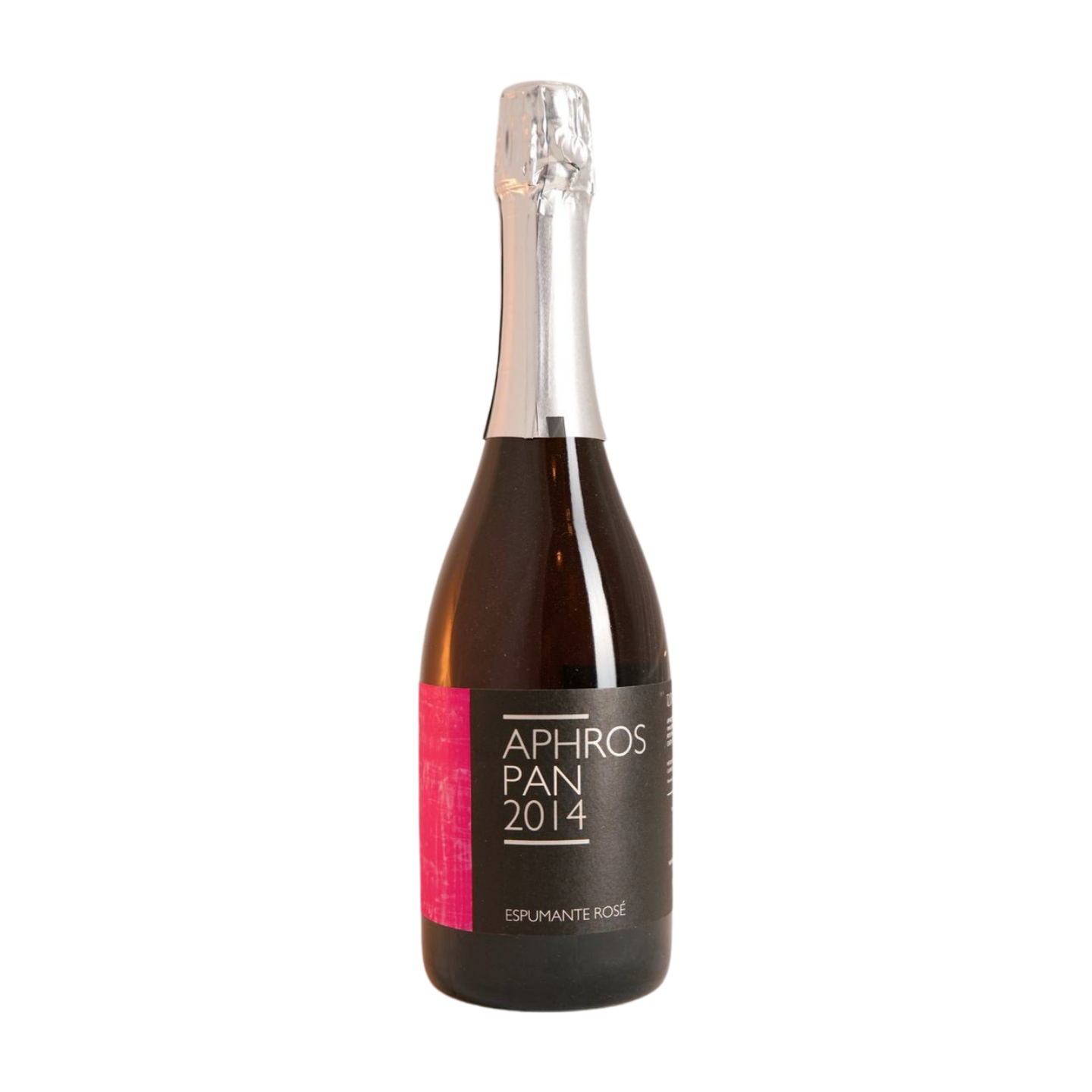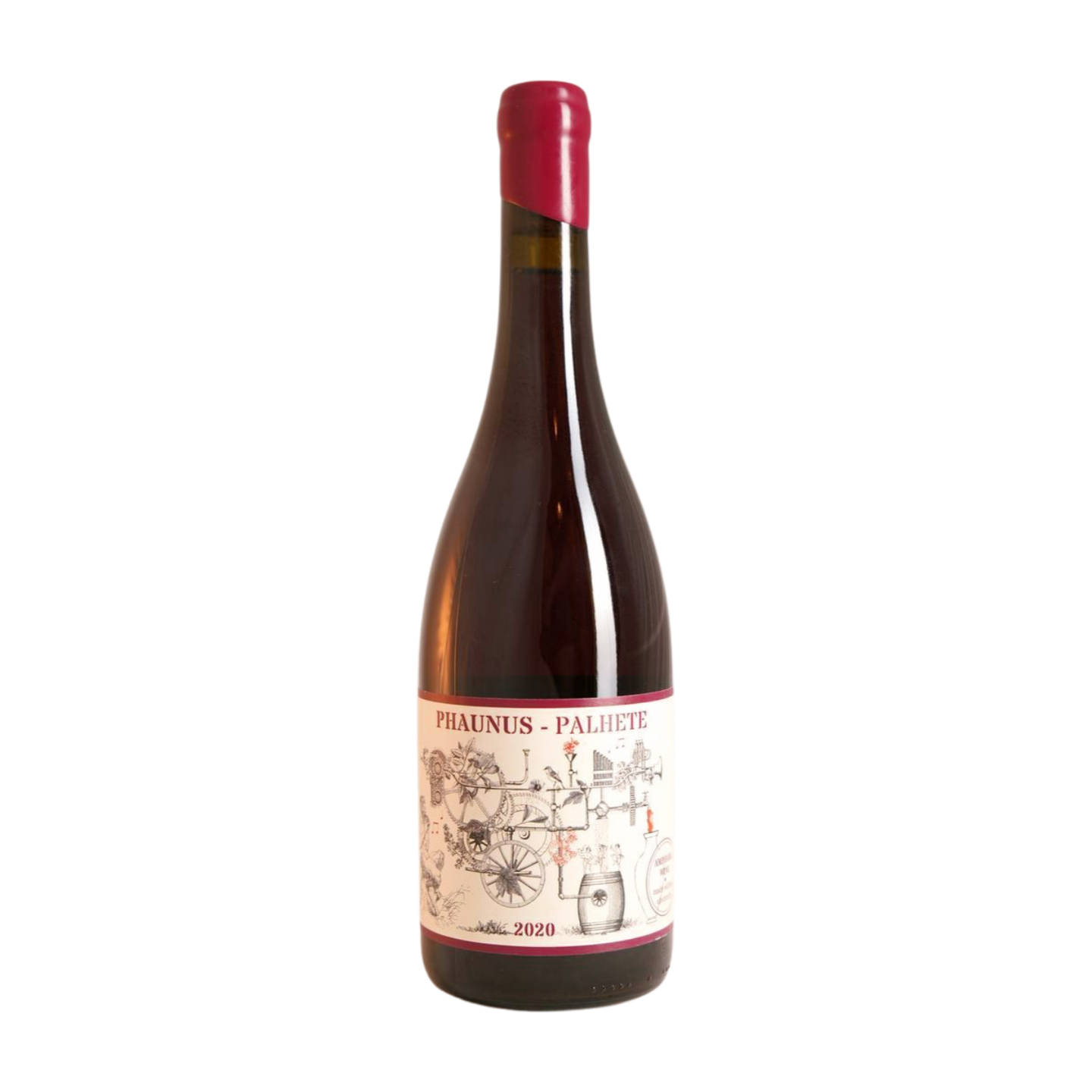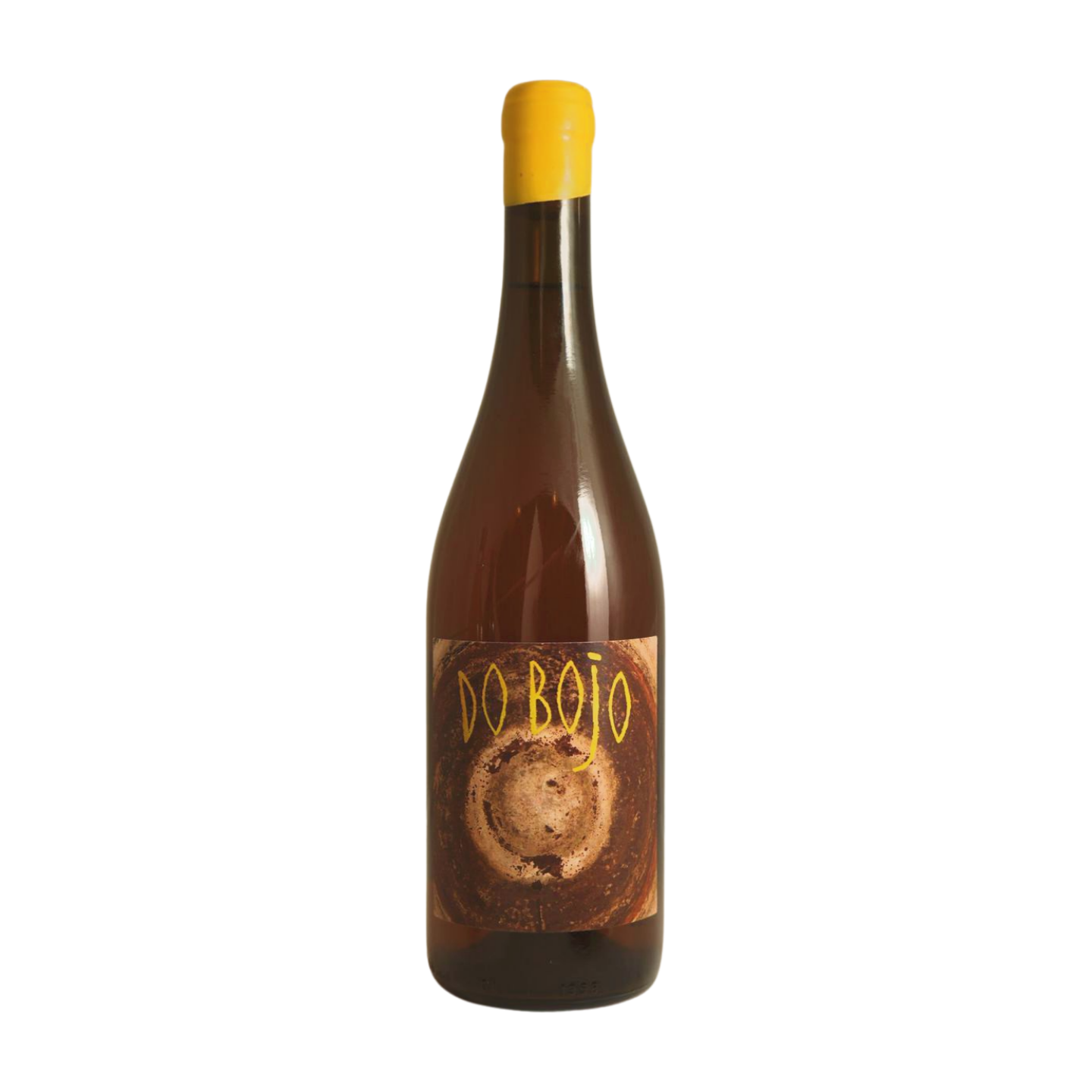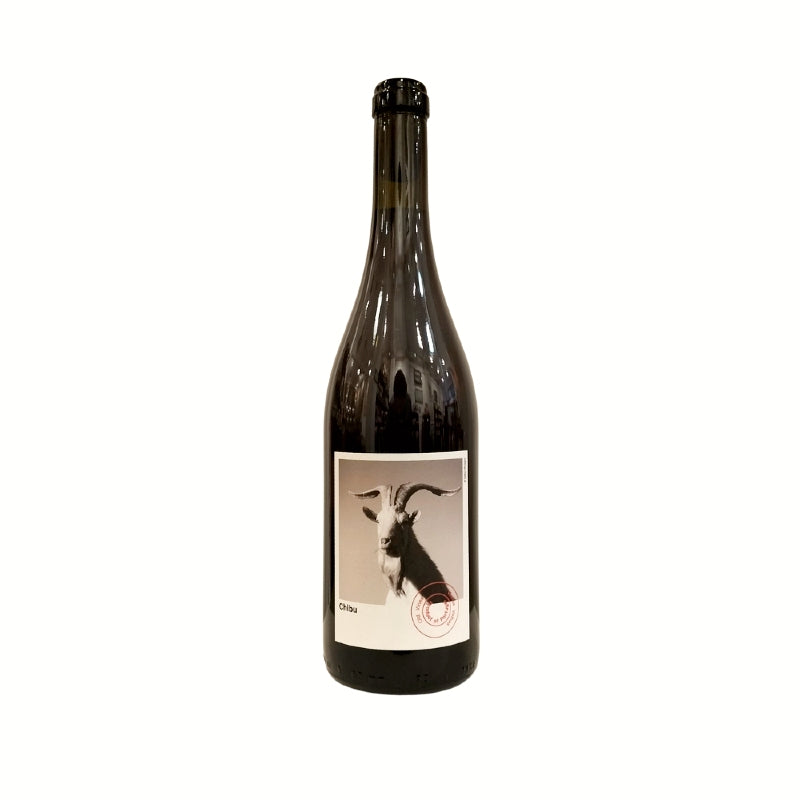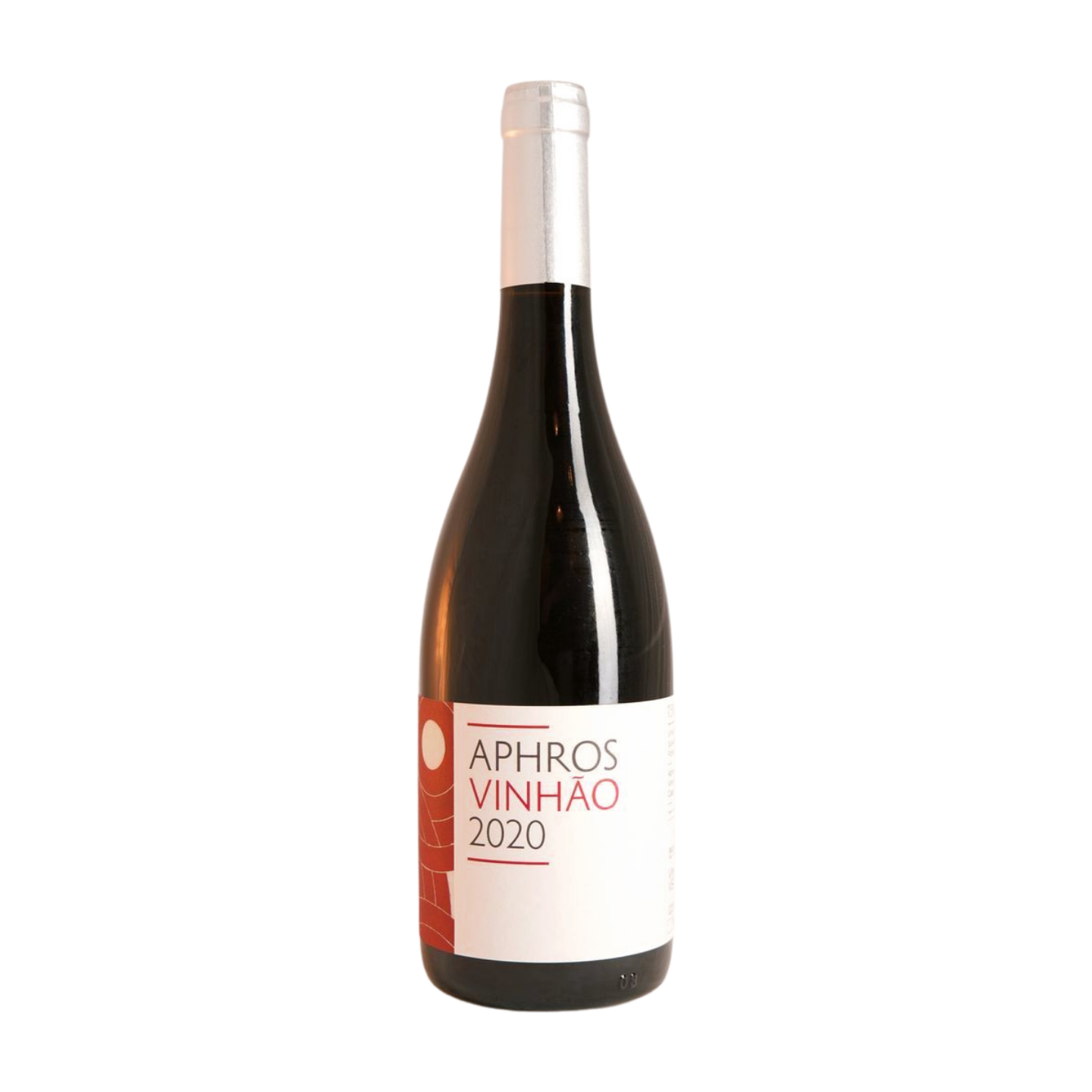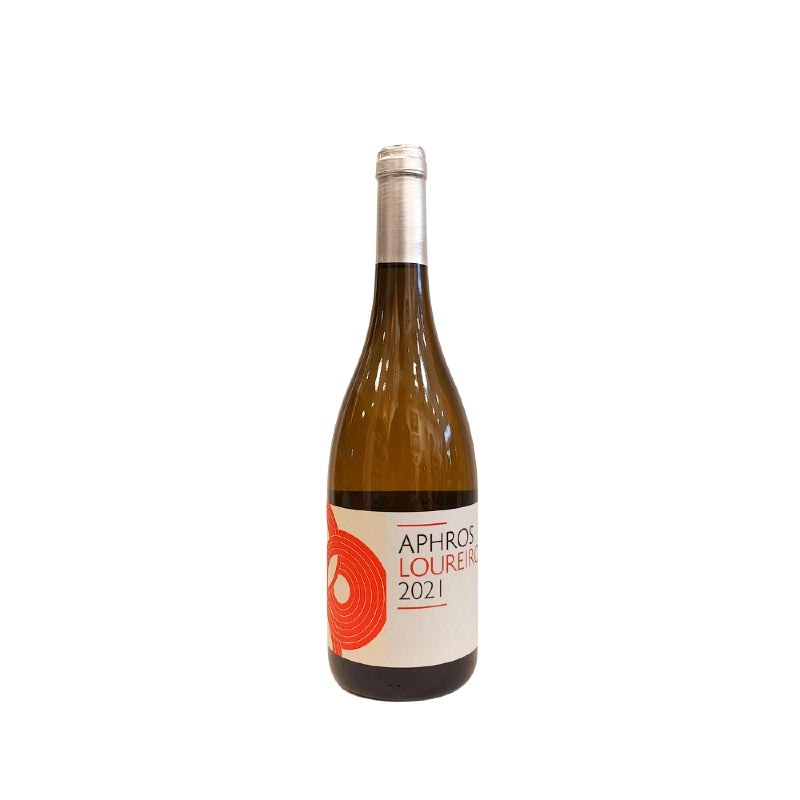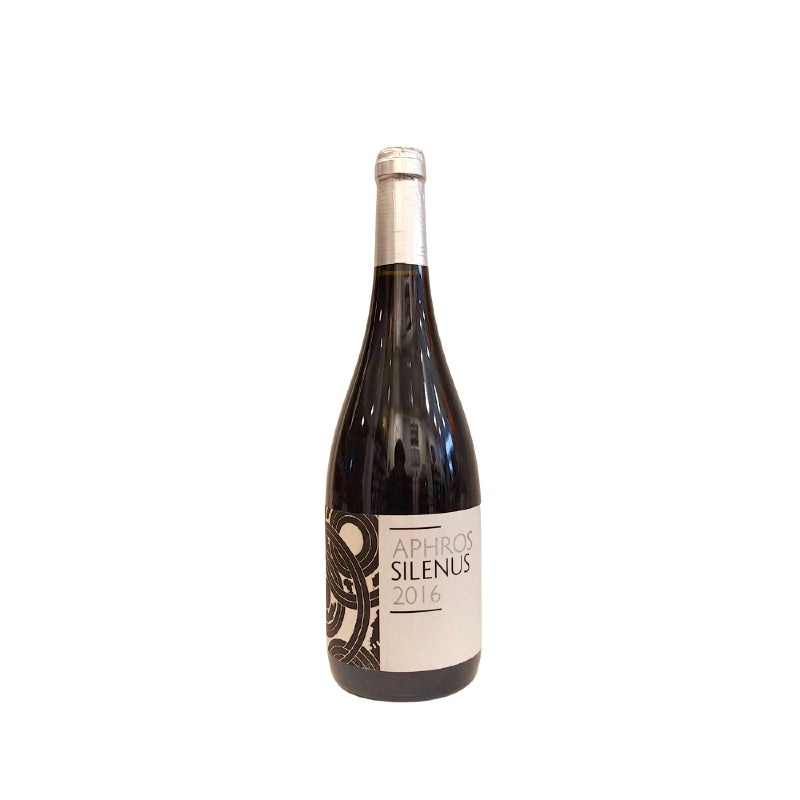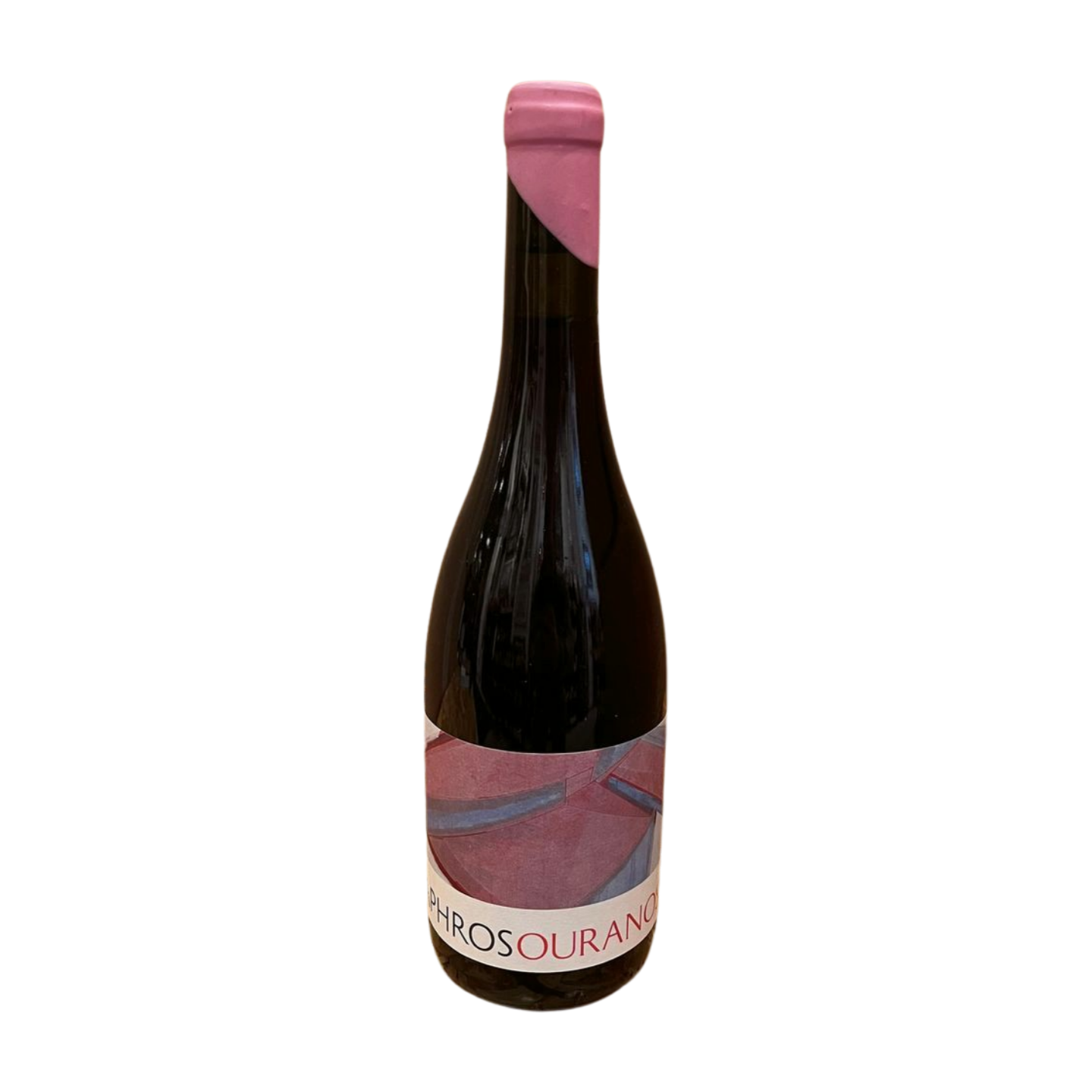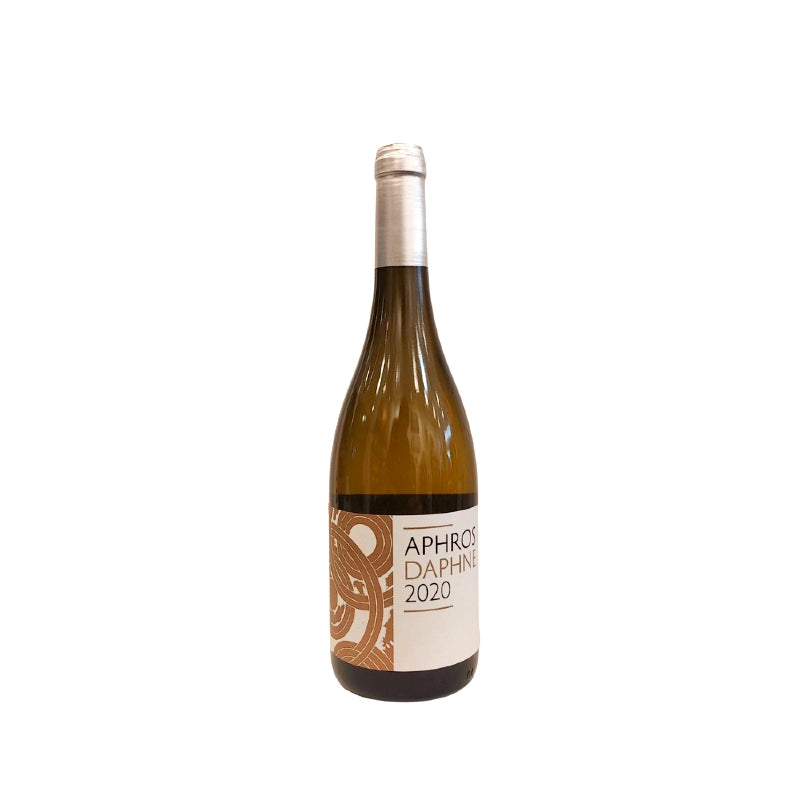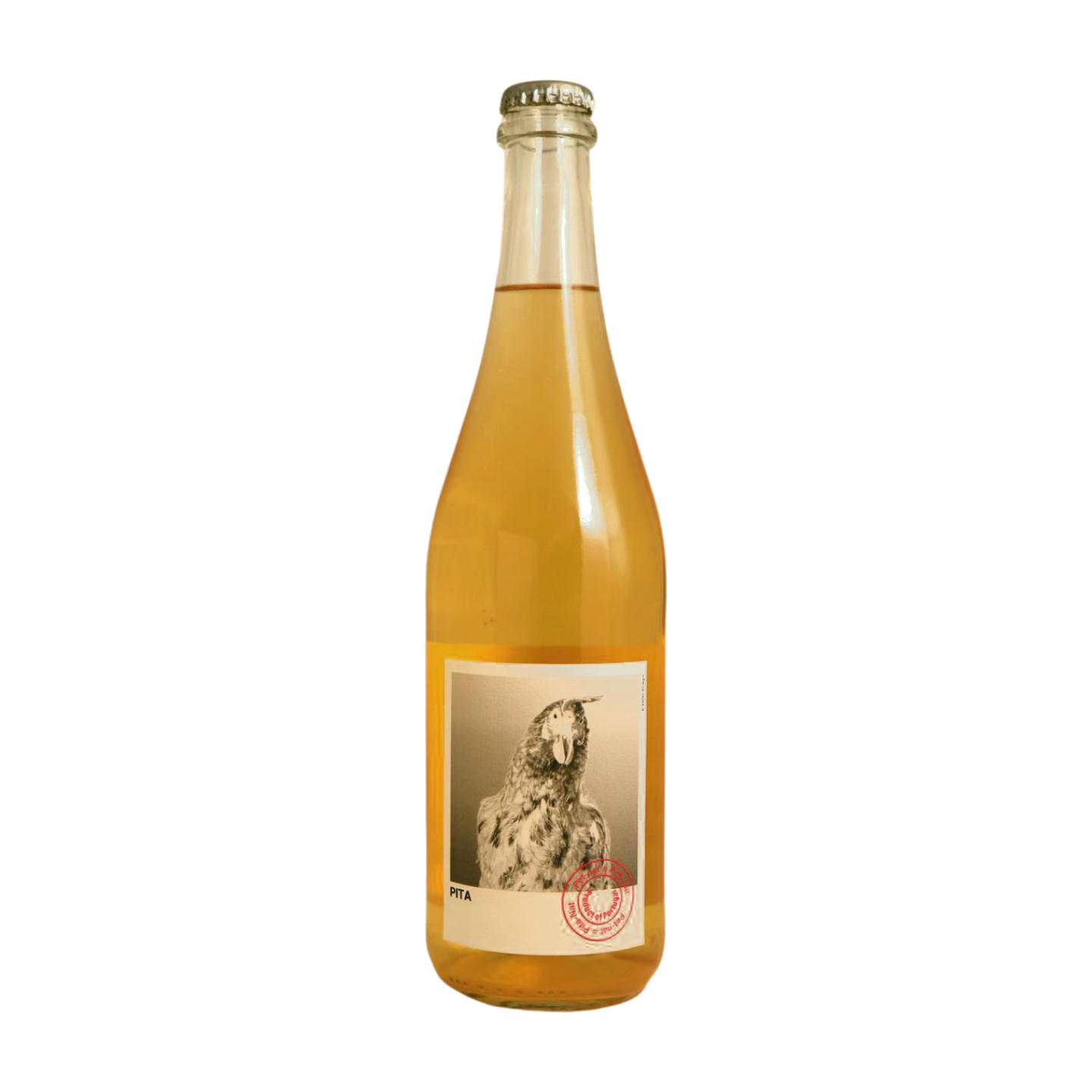Filters
Portugal's wine regions


region
Vinho Verde
Known for vibrant, refreshing white wines with a higher acidity and lower alcohol content.
Search wine
region
Trás-os-Montes
Trás-os-Montes, located in northeast Portugal, is a distinctive winemaking region characterized by rugged terrain,
ancient vineyards, and diverse microclimates.
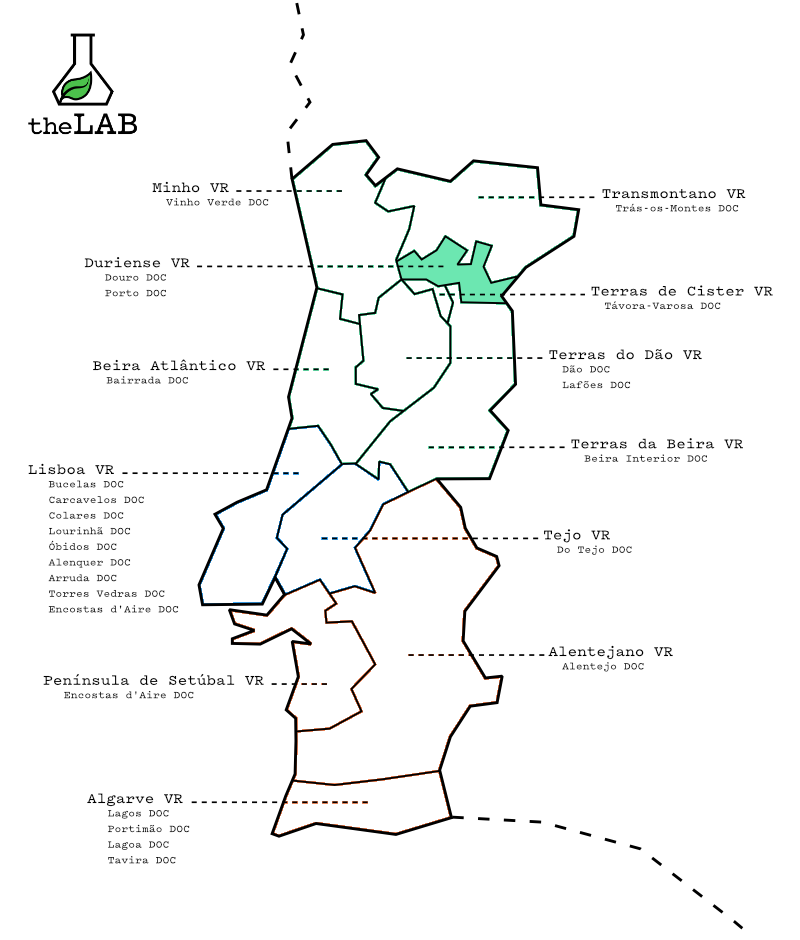
Region
Douro
A UNESCO World Heritage Site famous for producing Port, a fortified wine with a protected designation of origin.
Search wine
region
Beira Interior
Winemaking in Beira Interior dates back to Roman times. The high-altitude vineyards benefit from cooler temperatures and
substantial thermal variations, resulting in wines with pronounced acidity and aromatic complexity.
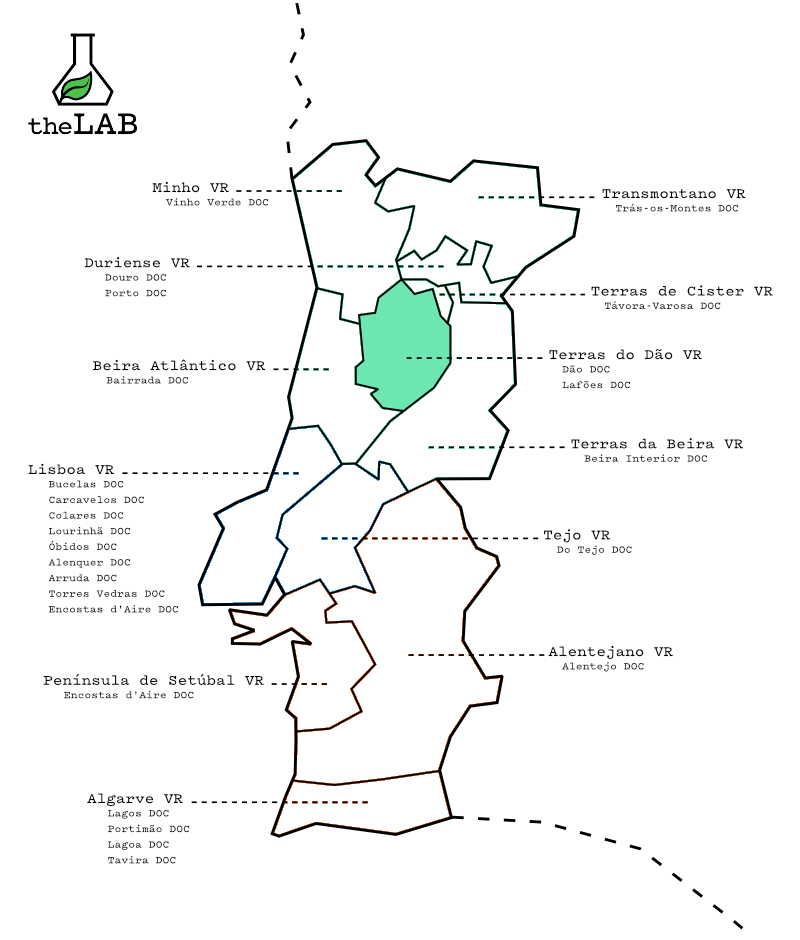
region
Dão
The Dão stands out for its cooler climate, higher altitude vineyards, and unique blend of indigenous grape varieties resulting in wines with a greater sense of freshness, acidity, and complexity.
Search wine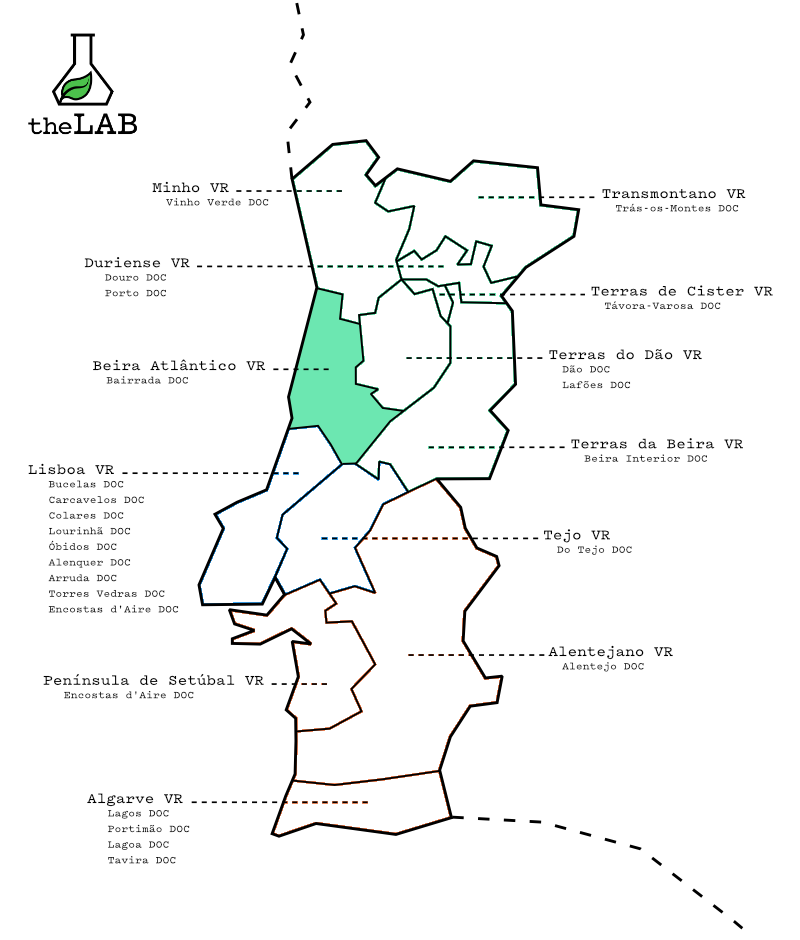
Region
Bairrada
Located in Portugal’s central coast, this region is well known for its sparkling wine (espumante) production.
Search wine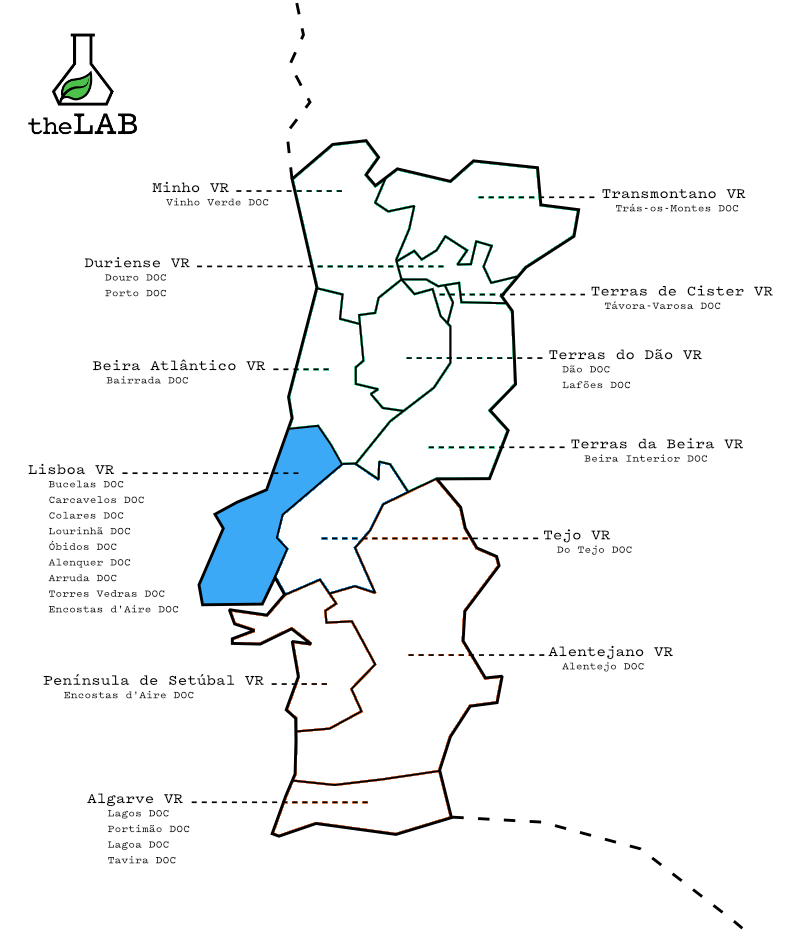
region
Lisboa
Lisbon's wine production is organized into nine appellations. Colares stands out due to its unique Ramisco wines, cultivated in sandy soils close to the coast.
Search wine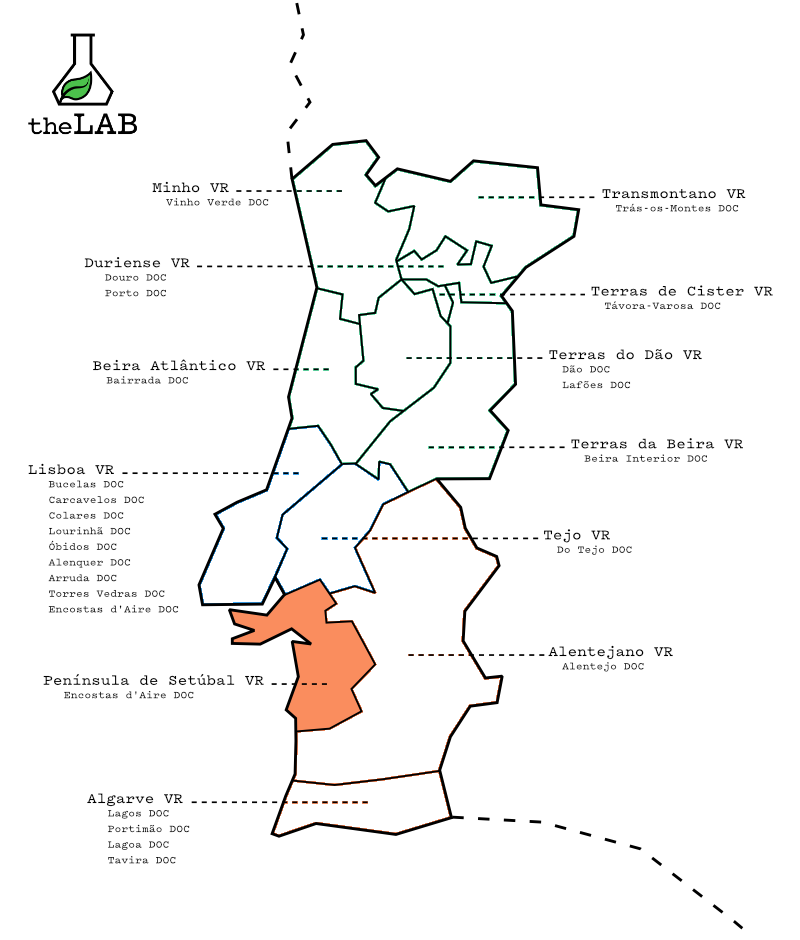
region
Setúbal
The Setúbal region is known for its fortified Moscatel, with its amber hues and intense aromas of orange peel, honey, and dried fruits. A must-try!
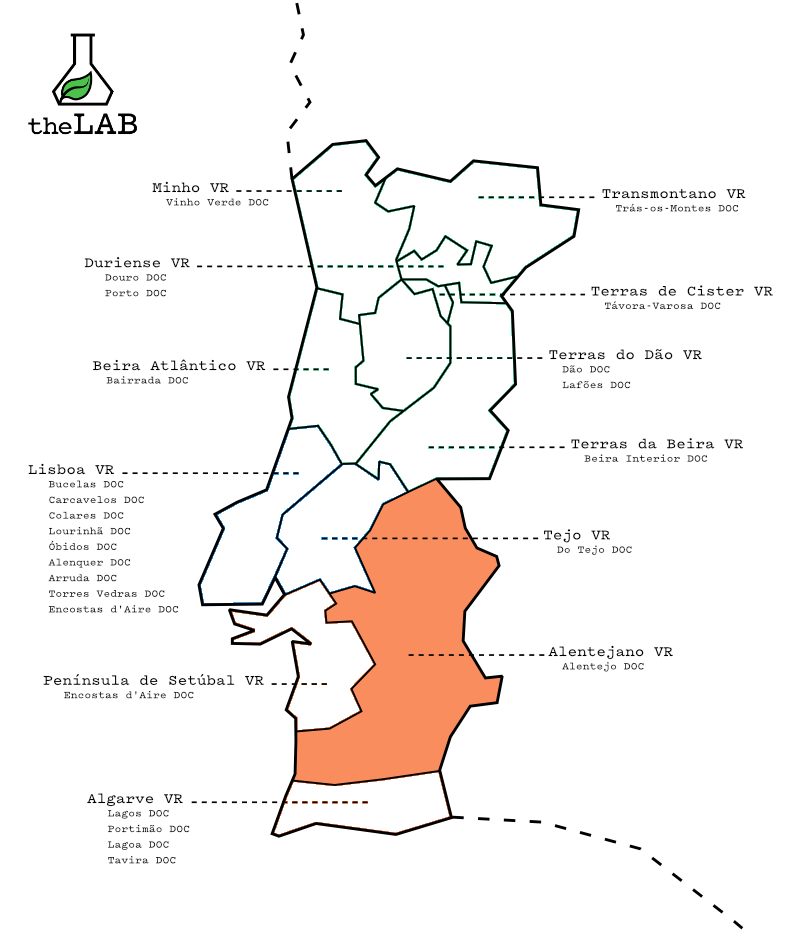
region
Alentejo
A region with a long tradition of crafting wines in large clay vessels called talhas.
Search wine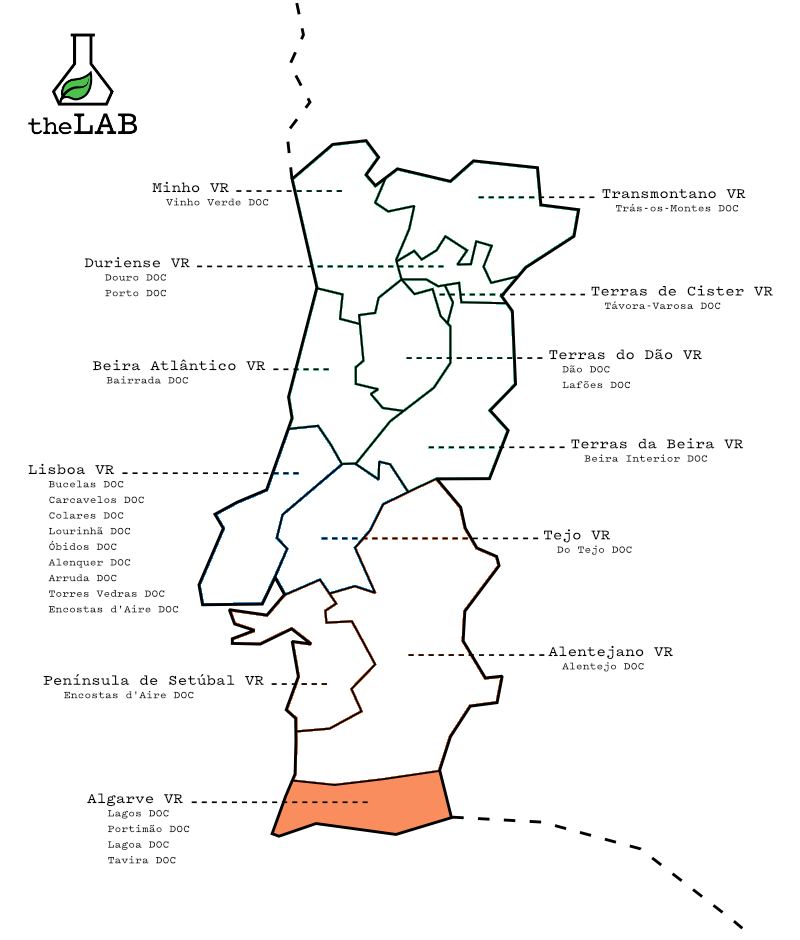
region
Algarve
The region's warm, maritime climate, protected by the Monchique Mountains, accelerates the vine-growing season, resulting in grapes that are high in sugar content. This leads to wines with higher alcohol content, a characteristic feature of Algarve wines.
Search winefrequently asked questions
What is Sustainable Wine?
The term organic in relation to wine means viticulture that does not rely on industrial synthesized products, such as fertilizers, fungicides, herbicides, pesticides, and anything GMO. Instead, a use of compost and cover crops are used as preventative measures against diseases. A Bordeaux mixture of sulfur and salt copper sulfate sprays is used against disease, and they use manual labor rather than machines. Winemaking (fermentation processes) standards vary depending on certification body and country. Some allow minimal amounts of sulfur, fining, and processing agents from organic sources.
A biodynamic vineyard and wine is organic farming based on theories by Austrian philosopher Rudolf Steiner. First, the vineyard should be self-sustaining organism. Second, the vineyard should be treated with 9 herb and mineral based preparations. Third, vineyard tasks (planting, pruning, picking, etc.) should be done during earthly and celestial rhythms. This results in greater microbial life and deeper vine roots than conventional farmed vineyards. Use of livestock in vineyards is common and less energy-intensive practices are encouraged.
Biodynamic wine has become a captivating niche in the world of viticulture. But beyond the unique practices and distinctive wines lies a philosophical foundation – the ideas of Rudolf Steiner. Steiner, an Austrian philosopher and scientist of the early 20th century, developed a concept called Anthroposophy, which aimed to bridge the gap between the spiritual and material worlds. It's within this framework that biodynamic agriculture, and consequently, biodynamic wine, finds its roots.
Steiner believed in the interconnectedness of all things – the cosmos, the earth, and living organisms. This holistic view extends to the vineyard, seen not just as rows of vines, but as a living organism itself. Biodynamic practices are then a way to nurture this organism, promoting biodiversity and fostering a healthy balance within the entire ecosystem.
Central to biodynamic principles are specific preparations, often made from natural materials like cow manure or fermented nettle tea. These preparations are not fertilizers, but rather seen as catalysts that stimulate the life forces within the soil and the vines. The timing of application is also crucial, following a biodynamic calendar based on lunar cycles and cosmic rhythms. This belief in the influence of celestial forces is a core tenet of Steiner's philosophy.
While the scientific basis of biodynamic practices remains a subject of debate, proponents point to the holistic health of the vineyard, the resilience of the vines, and the unique character of the resulting wines. Biodynamic wines are often described as vibrant, expressive, and possessing a sense of place – a reflection, perhaps, of the emphasis on the vineyard's unique ecosystem.
Whether driven by a belief in Steiner's philosophy or simply a desire for a more sustainable and holistic approach, biodynamic winemaking is a fascinating exploration of the relationship between nature, agriculture, and the final product in our glass. It's a journey that transcends the conventional, inviting us to consider the unseen forces that might shape the very essence of a wine.
Natural wines are terroir wines, made without adding or taking anything away. Consider them your “no makeup” wines. They have minimal levels of sulfur, or none at all, zero fining and gross filtration only. They do not support pesticides, fungicides, or herbicides that deplete the land of its natural minerals or that leave residue or traces in wine. Nothing but juice, even if it means a fault or two creeps in, which only adds to the character!
While not an official term, we use low intervention to describe producers who are not fans of regulation or bureaucracy. They do their utmost to let the vines thrive on their own, use all natural yeasts, and avoid additives. They just can’t be bothered to join a tribe, yet. However, they will use non-organic vineyard management if there is a threat they will lose their crop. For all of our producers, this is only considered in the most extreme cases.

